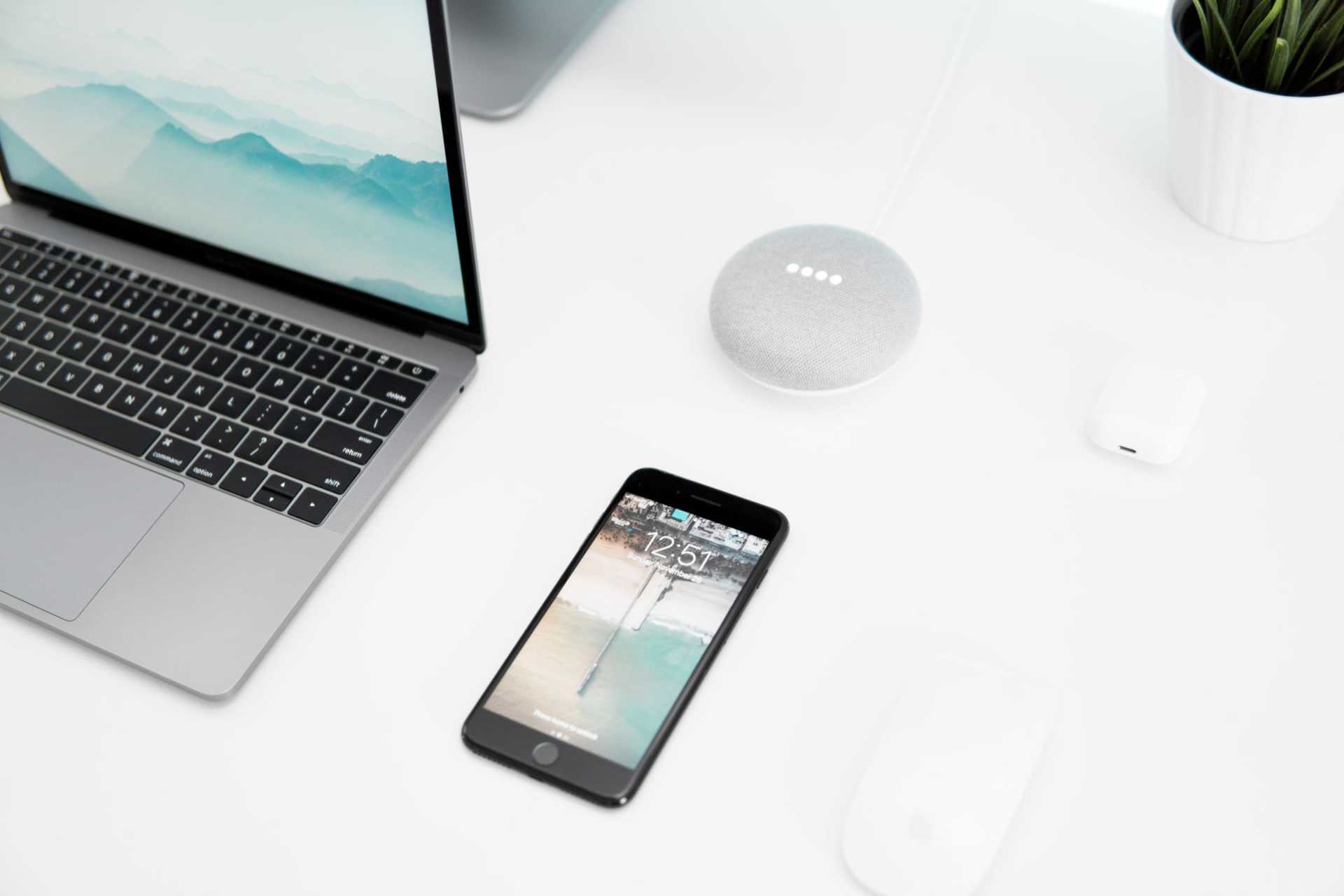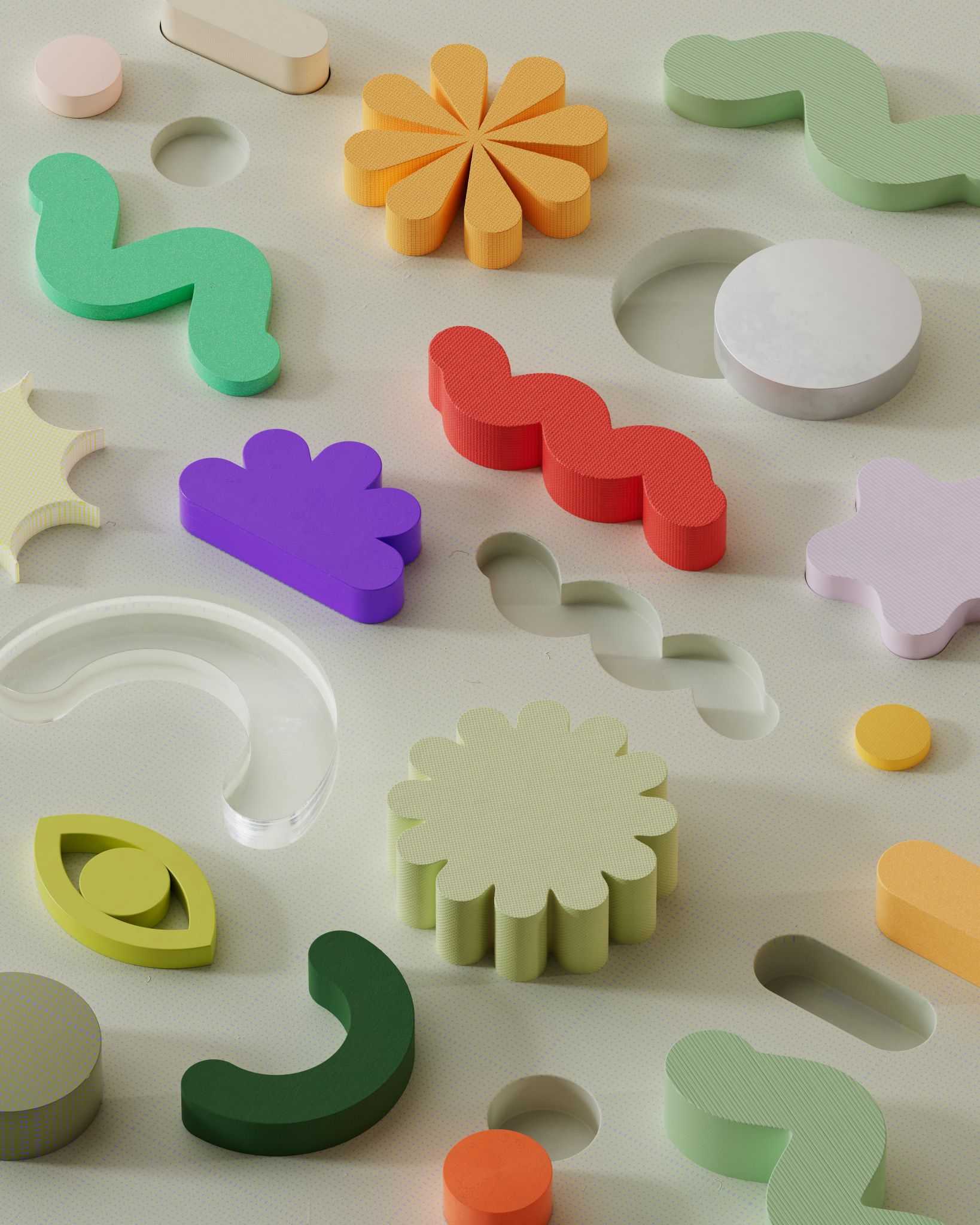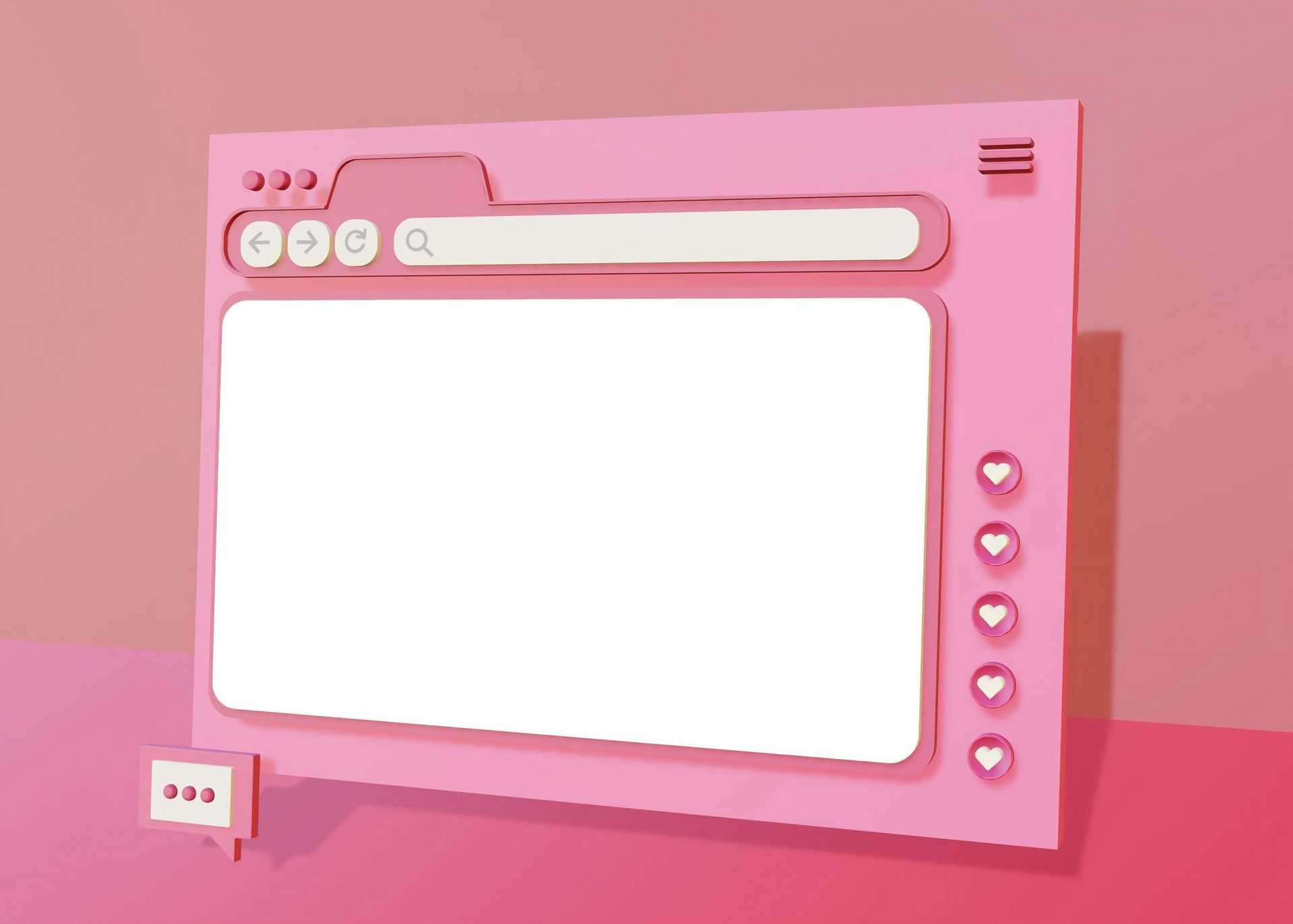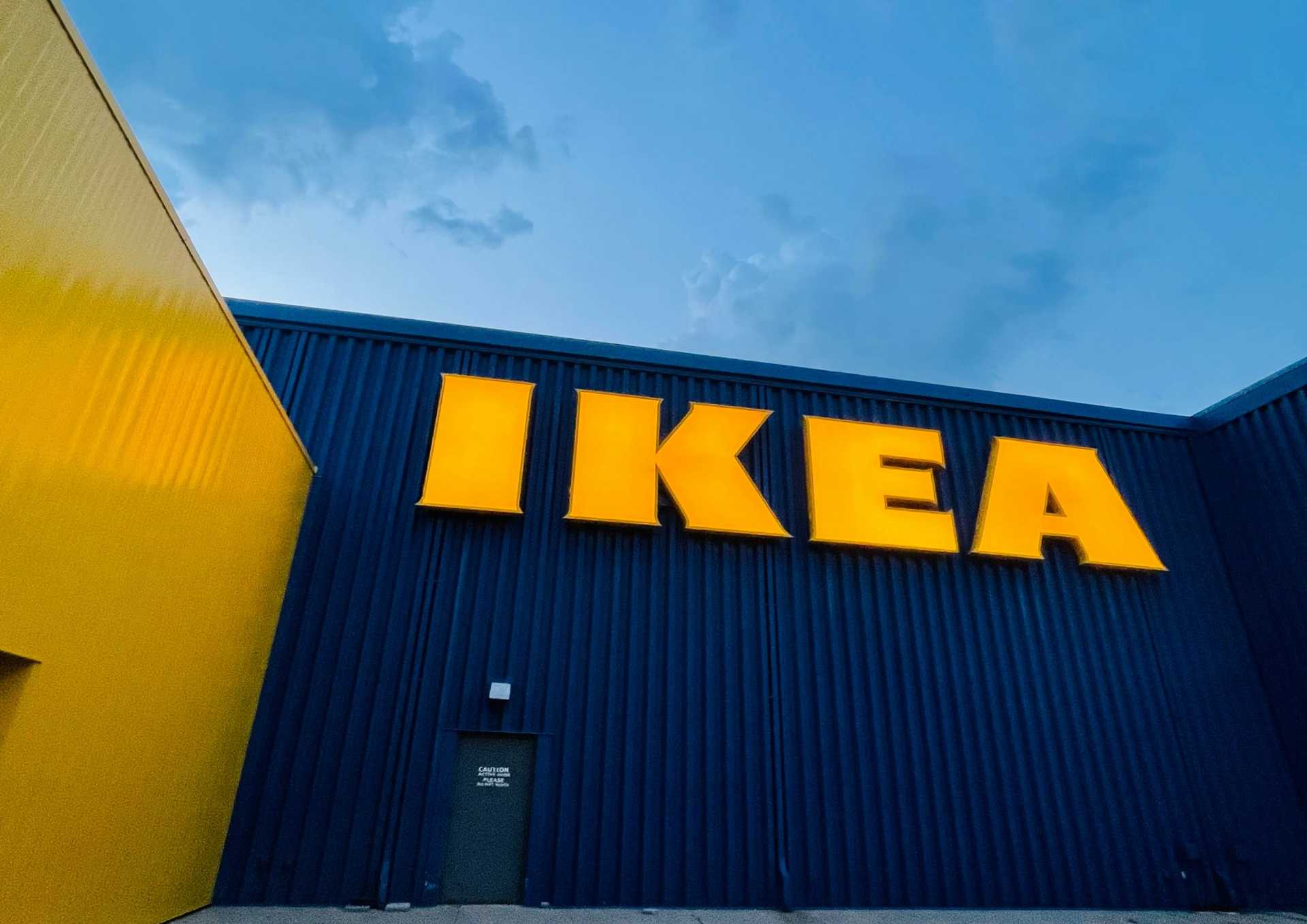
Google recently announced that it would be making its ‘Actions’ (the Google equivalent of Alexa’s ‘Skills’) available to more developers. Lee, Chris & Jamie discuss what impact this may have on the future of voice search. Watch all the latest episodes of Industry Spotlight on our YouTube channel…
See below for the full video transcription.
VIDEO TRANSCRIPTION
Lee: The final thing we’re going to talk about is Google making actions for its assistant available to more developers. So much in the same way that they do, or they did, with making Android open source and things like that, they’re bringing this assistant technology, opening it up to more developers, probably in a direct attempt to compete with Amazon’s Alexa skills. It just means that developers are going to have a bit more access and a bit more capability in terms of working with it and bringing new features into the platform itself. It’s a pretty predictable move, but it’s quite a big thing, I guess, in terms of Google Home.
Jamie: What type of installation percentages are we looking at with Google Home, in comparison to Amazon Echo?
Lee: I don’t know, we need to find some stats on that.
Jamie: We’ve got to be talking a pretty massive swing in Amazon’s favour.
Lee: I bet Amazon own 95%+ of the market.
Jamie: It’s got to be, hasn’t it?
Chris: People aren’t incentivized, really, to get a Google Home at the minute. There’s not enough stuff that’s compatible with it, really. There will be, obviously, over the next 6-12 months. You’re going to see an increase, aren’t you? But I think people who want technology now, and they want it to integrate with like their home products and things like that, the natural thing is just to go for an Echo, innit, really?
Jamie: Yeah, and there’s also the wider considerations, I think is, one, Amazon were first to market by miles. And two, if you go on amazon.com and type in ‘speaker’, it’s like, just tries to flog you Echos, and how many people are on Amazon every day, so? Same with like Chromecast, how hard is it to buy a Chromecast? You have to pretty much go to Google direct or Argos. If you go on Amazon and type Chromecast, didn’t they get penalised?
Lee: Yeah because they just wedged Firestick at the top.
Jamie: So no one knows about these Google products. They don’t really market them that much. Did they have that TV campaign for Google Home?
Lee: Yeah, they have the Google Home. The one interesting thing about this being opened up is Google have got Assistant built into your phone. They’ve got it built into Now. You get like, your tickets or your hotel bookings, flights, things like that. And the ability to have that on your Google Home, and then on your phone, it sort of integrates, so I think that’s a bit of leverage in Google’s favour. Because I know Alexa’s a bit disconnected when it comes to once you leave your house, you pretty much leave your Echo and your Alexa behind.
Whereas Google is sort of making a play here for this to be integrated in a way which allows you to just consistently be connected to this device or to this platform. Which I think is an interesting thing because you can then be at home, book an Uber. It’ll then send your ticket directly to your phone or a similar sort of mechanism for how it would operate. But I think it’s going to enable it to be a lot more integrated, which I think will make a lot of people take notice.
Chris: Can’t you already do that with an Echo, though? I think you can buy the ticket, and then that’ll obviously push that into your calendar, or something like that?
Lee: Yeah you can, I just don’t think that Amazon plays nicely with Android.
Jamie: That’s the thing, innit, these new devices now, and these new potential service offerings, need to integrate with the rest of the ecosystem that’s under that brand’s control really well. That’s why Amazon are killing it with Prime, because that subscription now gets you so much stuff. It almost seems like, just thinking about it now, I don’t know what you get with your Echo with Prime. Do you get any perks, or anything chucked in, by having a Prime membership?
Chris: Do you get music, or something like that?
Lee: Yeah, you’ve got, there’s music, there’s Prime video, and you can now control your Firestick through your Echo. So you could say to Alexa, play Game of Thrones on my Firestick, and it’ll do it straight through. And you don’t have to mess around.
Chris: They’re all going to be looking at these avenues, where they can get, you know, bringing the tech together that they’ve already got to make it a little bit more attractive to people. That’s a really key move, I think, in terms of what they’ve done there because they know that most people are going to, you know, notice that benefit if it is, like it’s saying here, pushing notifications to your Google apps. It’s wherever you need it, when you need it type thing. Like you say, when you leave the house with your Echo and stuff, you’re pretty much out. So I think that’s what they’re angling for. They’re out there looking for the other integrations and technologies that they’ve got to take advantage of.
Lee: Well, there’s a lot of plays that Google have been working on with the assistant that people are sort of not taking too much notice of, like the fact that Android auto is in your car, you can do voice search. You can control your sat nav through your voice. It’s on your phone. It’s now going to be on a home device, so you’re literally going to be in Google’s pocket the whole time, from falling asleep to waking up.
Jamie: When we’re talking about hardware and software being combined and being trapped in the ecosystem…this is going off topic a bit. But don’t you think Spotify is a massive outlier here? Because they haven’t got an exclusivity or anything, or a partnership necessarily with anyone? They just sort of…there’s all these companies trying to lock people into software, that are selling hardware that essentially plays music, one of the main pieces of functionality because they’ve all got speakers on them. And none of them have got a great or perfect or like USP integration with Spotify. And it’s sort of the same with cars and stuff, it’s like…I think that’s quite strange.
Lee: I still don’t understand why no one’s bought Spotify though.
Jamie: It’s weird. It’s very weird, I think. From a total, like, ecosystem point of view, because obviously Google have got a music service, Amazon’s got a music service, Apple’s got a music service, and none of them can compete with Spotify. Spotify don’t sell hardware and don’t have an exclusivity to any hardware vendors.
Chris: I think if one of these guys, if Google or Amazon dedicated enough time and money to that, as well, they could probably take over it.
Jamie: I don’t know, could they? Seems like they’ve all had a really good go…
Lee: Spotify got there first didn’t they, that’s the thing.
Chris: They’ve got a reputation, you know, it’s been there for so long. Convincing people to move away from Spotify now, when they’ve been on it for… I mean, I think I’ve been on it for about a good four years, probably.
Lee: Well, your music is personal, as well, innit, when you set playlists up and do things?
Jamie: I haven’t got anything in Spotify, I’ve got zero ties to Spotify. I haven’t got any playlists or anything like that.
Lee: Maybe you are unique.
Jamie: But I don’t…I wouldn’t have any need to. I’ve never thought, oh, I’m going to move to Apple or Google.
Lee: I just don’t understand if Google bought Spotify, that’d be instantly a leg up over Amazon because they could just stop any connection with Echo. Simple.
Jamie: I think that…I find that strange that no one’s got any exclusivity or anything.
Lee: I think Spotify’s just waiting…
Chris: I think they probably will do it. It’s just a brand loyalty thing at the minute. People know Spotify, and like you say, it has all the music in there that they’ve probably had there, sat there for years in playlists that just…they just don’t want to move off. I wouldn’t want to do it. If I had, say, 30 different playlists that I access quite frequently, they’d have to have a pretty convincing case for me to want to leave and subscribe for the same amount of money, possibly.
Lee: But the only way that they’d be able to do that is if they have the same library, and they’ll never get the same library because Spotify have got agreements in place with a lot of the labels.
Jamie: It’s pretty close, innit? I mean, if you try to compare it to…and we’re going further off topic here, video on demand services. So Netflix obviously got Netflix originals now. You’ve got Prime originals. They’ve actually got their own libraries. Like, if you move, that’s it, you’re cutting off those ones and you’ve got these ones. Whereas the music providers, they’ve all got the same library, basically. There’s a couple of exceptions, but…
Lee: There is, but…
Jamie: I’m sure if Google or Apple or Amazon wanted to, they could pretty much get the rest of them clean, cleaned up.
Lee: I’m sure if Google or Amazon wanted to buy Spotify they could, but for some reason, they’re not.
Jamie: I wonder if there’s a legal stance on that why it’s just they’re not allowed to buy them, too much of a monopoly over these services?
Lee: Well, I think that could be the case. I think it’s probably the most used platform between these home devices. Yet if one tech giant owned it, they own the market, pretty much, don’t they?
Jamie: I bet that has come into it. I bet they’ve had a go at doing it.
Lee: Someone must’ve. Google will have.
Chris: iTunes, though. How long did that take to die out, really? That was like a legacy product that was just around for so many years, and there were no other competition really in the market against that. And that’s stuck around for God knows how long?
Jamie: iTunes is buying digital music, wasn’t it, that was the thing it did? I mean, obviously they did other things, too, so it grew into a bit of a beast. But yeah, iTunes is where you went to buy music online, wasn’t it, for a time. And then these streaming services came along, and no one buys digital music anymore, do they?
Chris: Yeah, but the point I’m trying to make is people have a really strong affinity to these platforms, where obviously all your data is stored. It’s personal. It’s like personal information that you just don’t want to move away from. I think they’ll have a bigger struggle with that, getting people to onboard onto their new services.
Jamie: iTunes has got a hard tie hasn’t it, as well, to the hardware. So obviously you can’t run iTunes on Android?
Lee: This is very off topic. So, Google’s making actions available for more developers.




